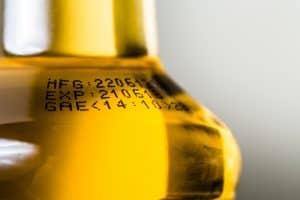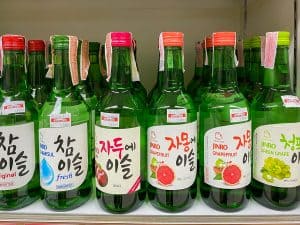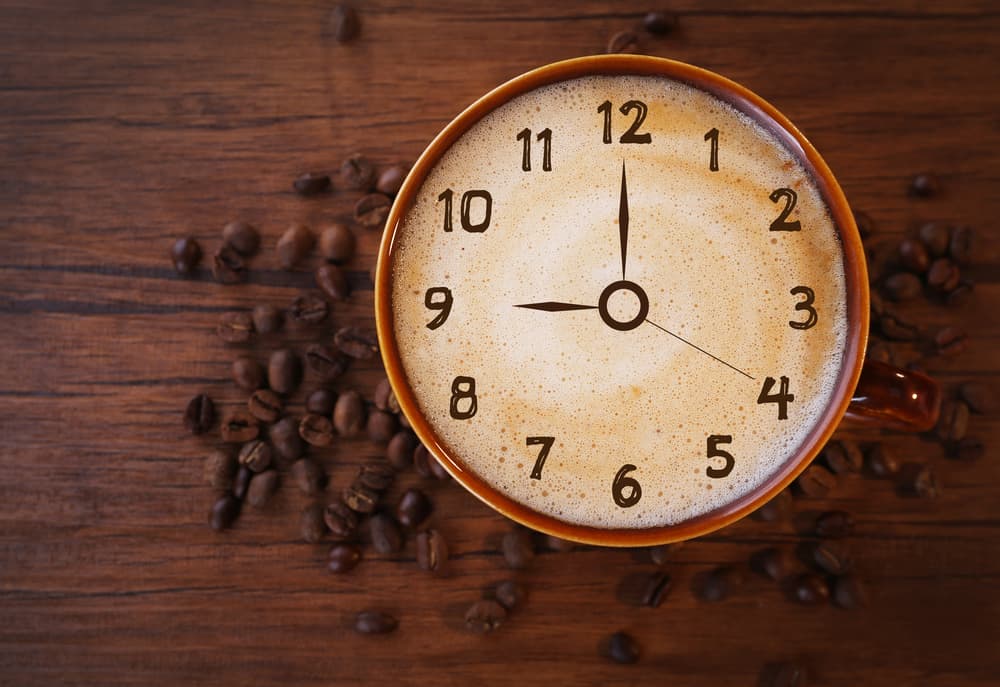
Coffee is a staple item in the breakfast of many, but like every other product, it is not timeless and can go stale when exposed to air. Making the chemical and physical changes occur. Unless you pay close attention to the expiration date, you may come to know of its expiration upon drinking due to its taste.
Though the shelf life of coffee varies depending on how it is stored, its type, and whether it was opened or sealed, there are many controversies about the expiration of coffee.
But what happens if you drink expired coffee?
The answer is nothing much. Yes, you will be fine even after drinking coffee that has passed its expiration date, but be mindful that the beans/ground is not moldy. Also, you could recognize that the taste may vary from dull to sour, depending on how much time has passed since expiration.
Here, we will go into the details of the shelf life of coffee, parameters that can cause coffee to expire, and how to tell if your coffee has become spoiled. So, let’s dive right in.
Lifespan of Coffee
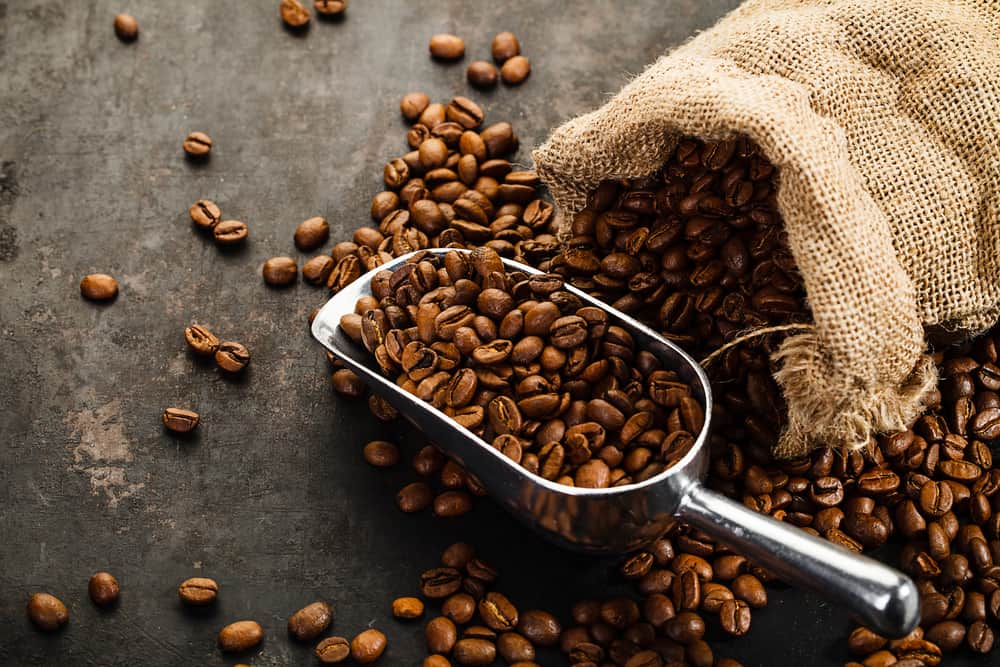
The lifespan of coffee can vary from a few days to a few years based on the coffee type and parameters that affect its flavor and aging. Also, humidity/moisture can affect coffee and its lifespan and contribute to mold forming.
Coffee Type
Beans, grounded, and instant coffee are the three main categories through which you can store your coffee. Cold Brew is another way to reserve coffee, but it has a shelf life of less than a week in the freezer.
Beans
It is further classified into two subcategories, Green and Roasted. Green beans can last up to one year if stored properly. Contrarily, roasting the beans reduces their lifespan to six-eight months, and if frozen, they can last anywhere between two to three years.
Grounded
Grinding the beans to make a powder can result in easy storing and making coffee, but it does not prolong the lifespan of the coffee. The lifespan of grounded coffee barely reaches six months. On the contrary, you can extend this by freezing, but it can cause an adverse effect if not properly sealed.
Instant
This industrially processed coffee has the highest lifespan and can be stored for an indefinite time if frozen. Contrarily, it can maintain the flavor for nearly twenty years even if it is not frozen.
Check out the difference between instant and ground coffee here.
If you add milk or cream to your coffee, it reduces the lifespan of your coffee by a lot. So it is advised to store it in the fridge and drink it within one to two days.
Parameters That Affect Its Lifespan
Four main parameters affect the flavor, shelf-life, and aroma of the coffee, so to store it properly, you need to consider these factors.
Temperature
Temperature is crucial while storing your beans/ground/instant coffee. The optimum temperature to store coffee is 75°F, which means room temperature is the best. You can also freeze it to stop the aging, but remember, it affects the flavor.
Sunlight
Another point to consider is the sunlight. Like any other bean, coffee in its bean form (but also in powder form) is affected by sunlight. It can not only affect the temperature and aging process but also dry the natural moisture affecting its flavor. So, make sure to store it in a cool dark place.
Oxygen
Quite technical, but oxidation can affect your coffee and deters your efforts to store it. In simpler terms, it works how rusting of iron works. The compounds (chemicals, oils, and acids) in coffee are broken down by oxygen in the air, which results in the loss of flavor and its fragrance.
Storage Container
The most critical factor because it can make up for all other parameters. The best storage container is an air-tight container or a vacuum-sealed bag, preferably a non-transparent one to block UV rays.
How To Tell if Your Coffee Has Become Spoiled?
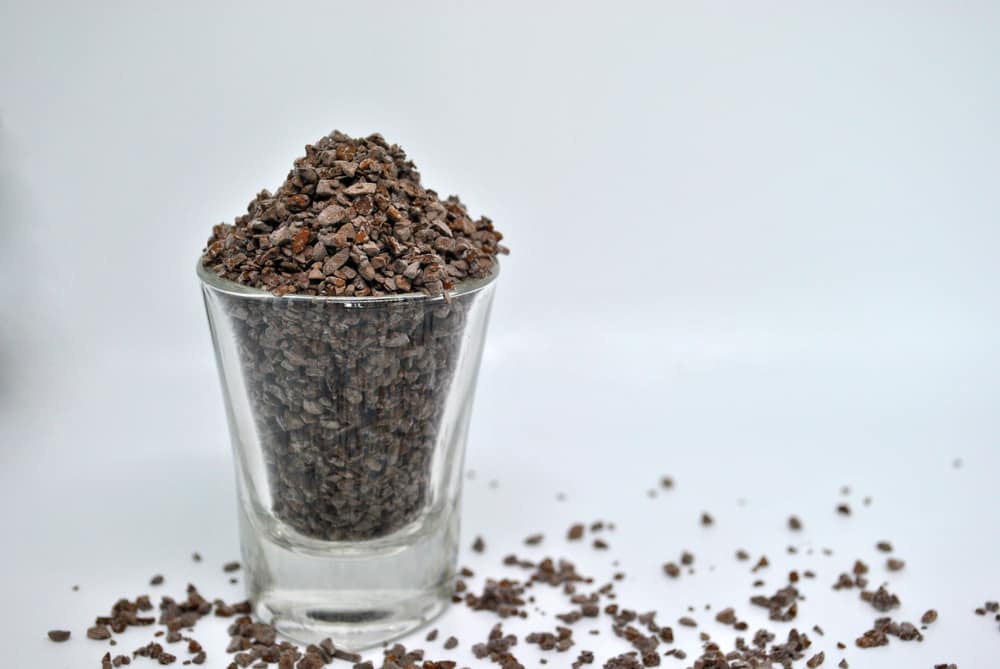
Human senses of taste, smell, and sight are a great way to judge whether your coffee has become spoiled or not, especially your nose.
Checking Through Sight
The first and probably the easiest option is checking through your eyes. It may not differentiate the inner depths like other senses, but you can tell right away if there is mold on the beans or not. It is not a reliable method, but it saves you the hassle of brewing the coffee and then judging the flavor.
Mold can cause respiratory issues and trigger allergies; check out the complete detail, the health effects, and treatments here.
Smell Test
The sense of smell is a surefire way to tell whether your coffee is spoiled or not. Unlike tasting, it does not leave an aftertaste and provides an immediate answer. The more spoiled the coffee, the smokier (mold-like) smell it gives out, unlike the original fragrant aroma.
Taste Test
Sense of taste has been used since there was no proper distinction between toxins and eatables, and Hominoids used this sense while scavenging for food. Although these senses have been downgraded, checking whether a thing is spoiled or not is still a piece of cake.
Spoiled coffee tastes sour and not in a good way. So, if you are still unsure after the first two steps, this is the last and foolproof step to know for sure.
Fresh coffee is the best coffee, and if you are a coffee lover and do not drink it only as a Kickstarter, always enjoy your coffee freshly ground.
Takeaway
The coffee after expiration does not pose many issues, and you can drink it safely, but remember that it does not lead to food poisoning or other health problems, which depends on the condition of the beans/ground/instant coffee.
In the case of instant coffee, it can last for years, but the taste of the coffee will go stale. So, it is recommended to go for a fresh coffee or drink the brewed cup within two days, especially if you add milk or cream.






